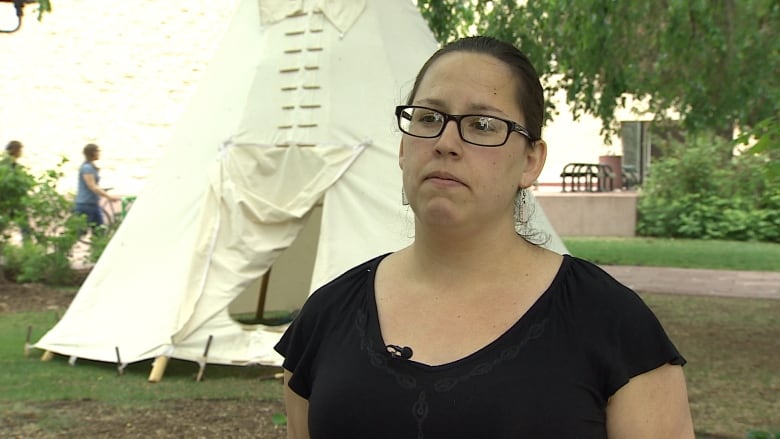Truth and Reconciliation: the next chapter presented today
'Reconciliation will happen after the truth has been told,' says daughter of residential school survivor

There are thousands of stories, and behind each one is a child.
Today, the next chapter in the painful legacy of residential schools will be revealed to those children, some of whom are now parents and grandparents and have lived with the repercussions of being ripped from their culture and forced to attend government-funded, church-run schools.
The Truth and Reconciliation Commission will present its findings, including what it heard when it was in Edmonton in March 2015, on Tuesday morning.
The children and grandchildren of those former students will also be listening, as they too have felt the long-term effects of what the chief justice of the Supreme Court called "cultural genocide" last week.
"A lot of people don't understand that the impact of residential schools is still in our community today," said Miranda Jimmy, whose father attended a residential school.
"It affected how I was raised and what I had to deal with growing up, and it has affected who I am as a person," she said.
In March, she gave her statement to the TRC as an inter-generational survivor and said today's event is the next step towards healing.
Jimmy grew up in poverty and watched as addictions took over her father's life, as he struggled to deal with the painful memories of residential schools.
Event livestreamed around Edmonton
Like many others, Jimmy will watch as the commission delivers its report live from Ottawa. Justice Murray Sinclair, head of the commission, is expected to release a 300-page executive summary of the final report on Tuesday, with recommendations.
In Edmonton, a livestream of the commission's report will be available at City Hall, the University of Alberta and at most branches of the Edmonton Public Library, including the Stanley Milner Library.
City councillors will watch the TRC's final report with aboriginal leaders, elders and community members inside council chambers.
"To gather community members and survivors and elected officials in the same room to hear the words at the same time, I think will be really impactful," said Jimmy.
Jimmy said she expects the report's findings may be difficult for some to hear, as "it may open up wounds that have been closed."

"Reconciliation will happen after the truth has been told," said Jimmy
But it's not just truth Jimmy wants to come out of today's report, it's also understanding.
"My hope is that the story can be told and everyone will understand it, that the impacts of residential school will be recognized," she said.
There were more than 130 residential schools across Canada, with the last school closing in 1996. More than 150,000 First Nations, Metis and Inuit children were placed in these schools, often against their parents' wishes.